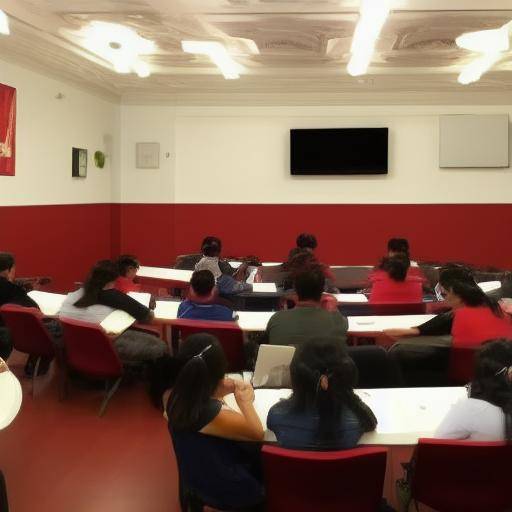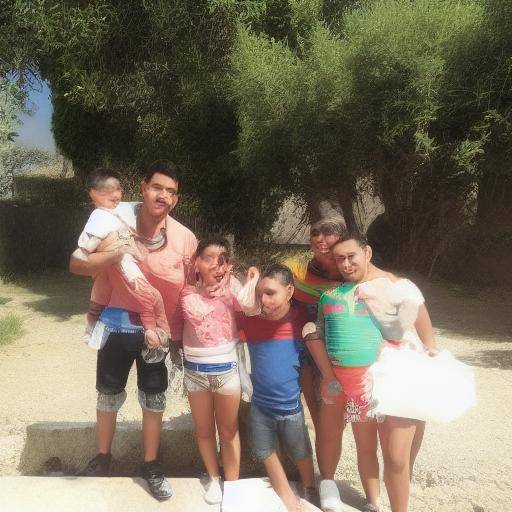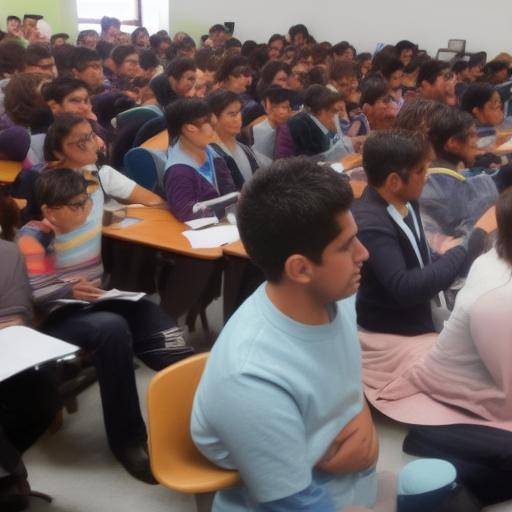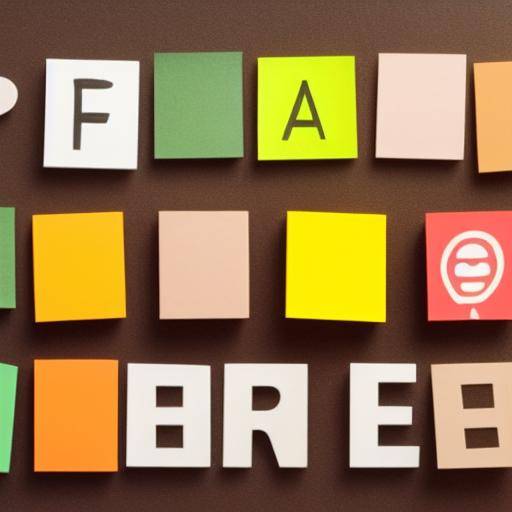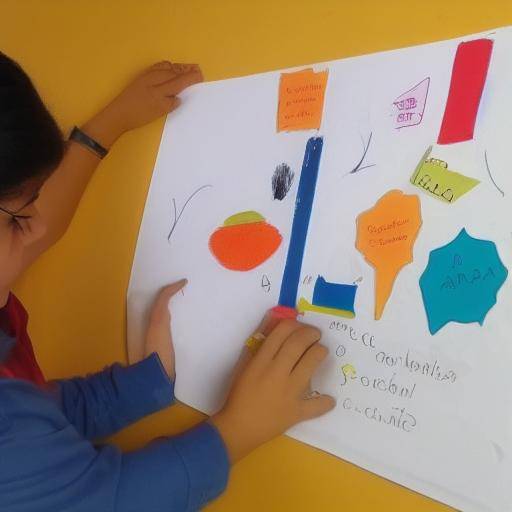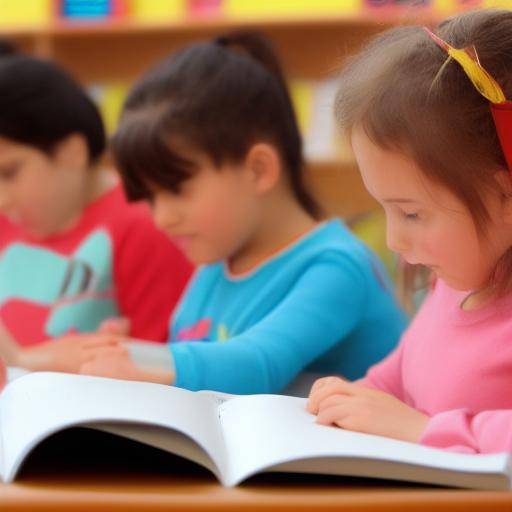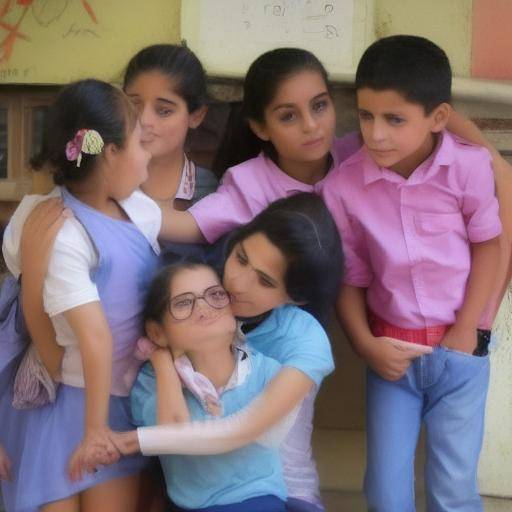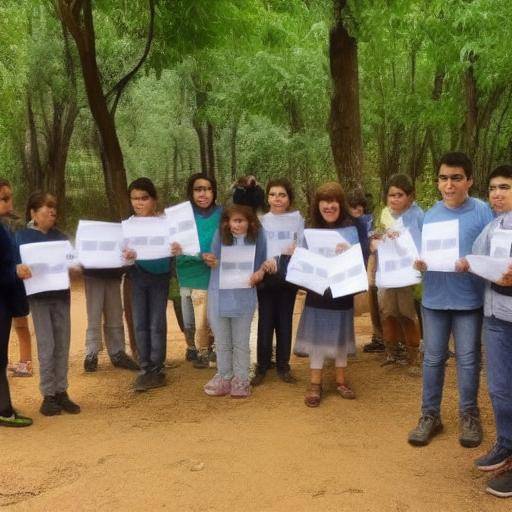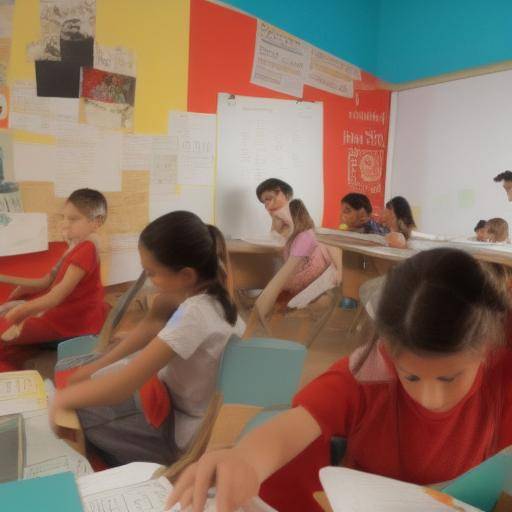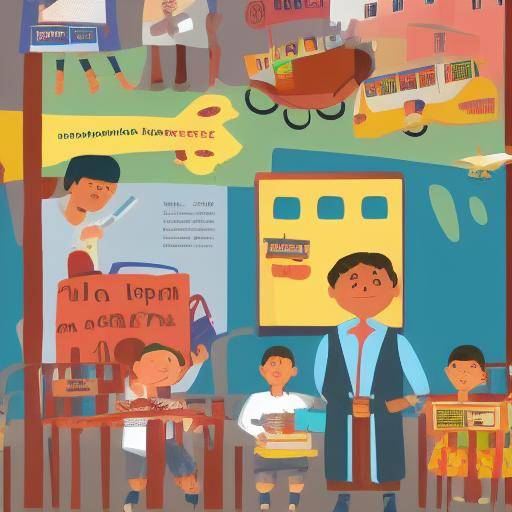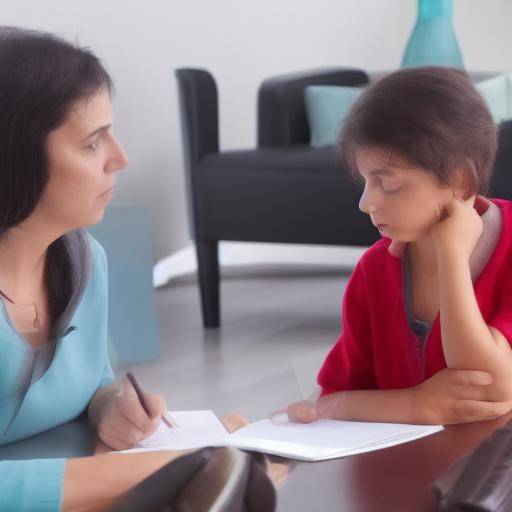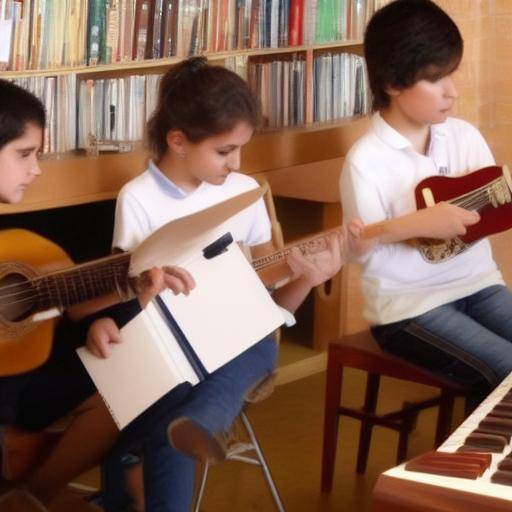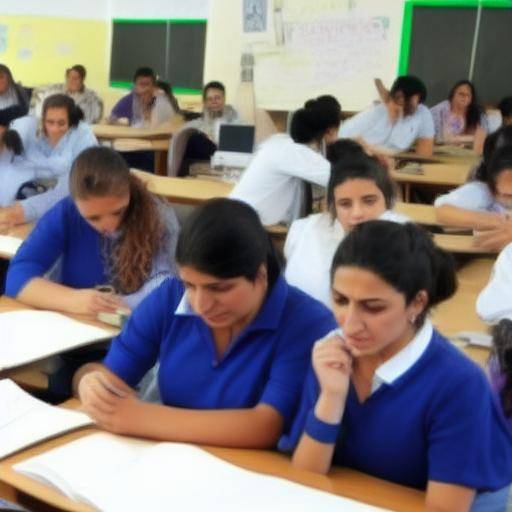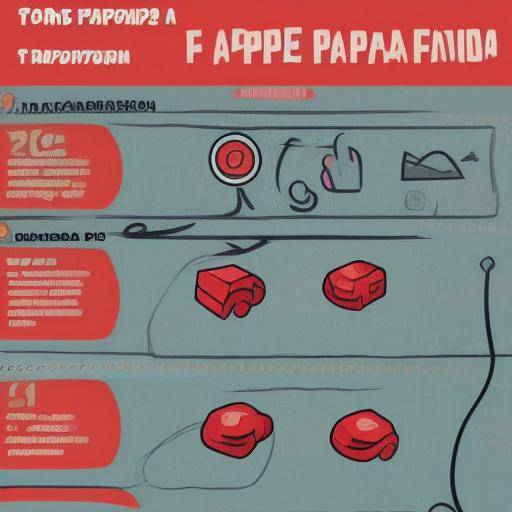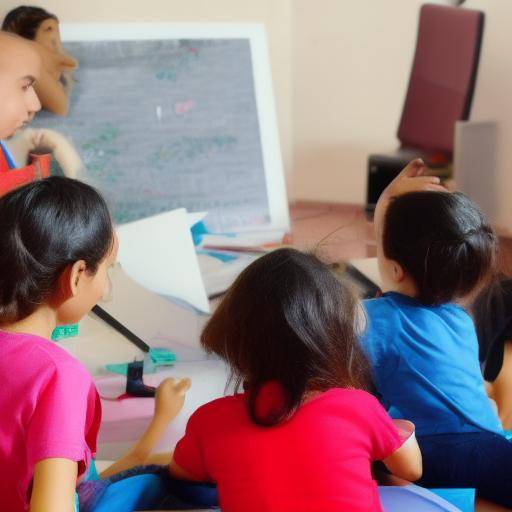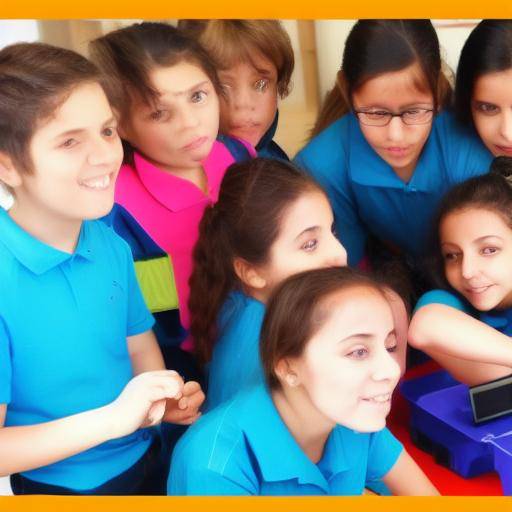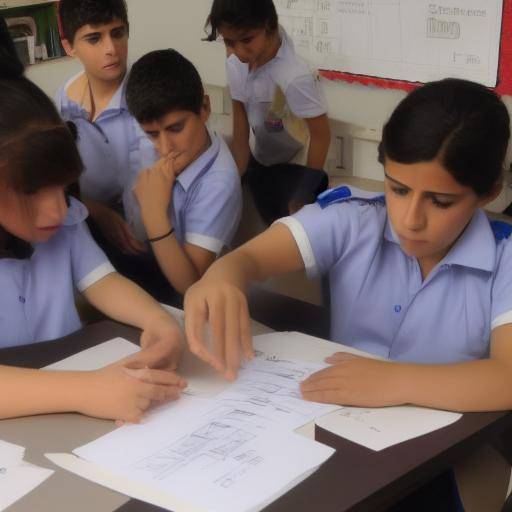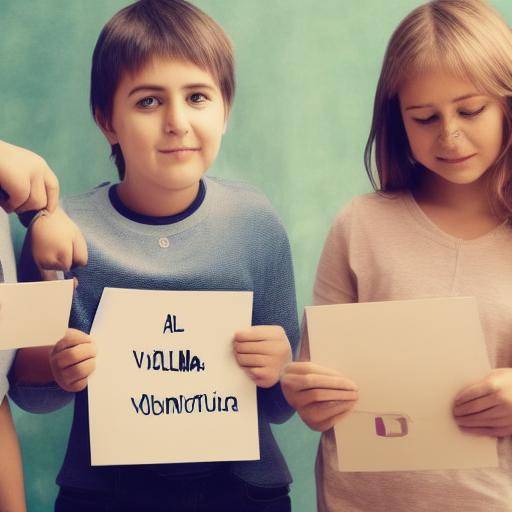
Respect plays a fundamental role in the family, as it contributes to harmony, effective communication and peaceful conflict resolution. In this article, we will explore the importance of respect as a central value in solving disagreements within the family. From its historical origin to its practical application, we will analyze how respect can serve as an anchor in conflicting situations, offering practical advice, case studies and future predictions.
Introduction
The family environment is the stage where the most intimate ties are forged, but also where tensions and disagreements may arise. Respect, understood as the recognition and consideration of the rights, views and feelings of each family member, is essential to foster healthy coexistence and constructive conflict resolution. In this sense, their role transcends the merely emotional, significantly influencing family dynamics.
History and Background
The concept of respect has deep roots in the history of humanity. From ancient civilizations to contemporary practices, respect has been a fundamental pillar in human coexistence. It goes back to ancient cultures, where mutual recognition and consideration by others were unbreakable values.
In modern history, respect has been the subject of philosophical and social reflection. Philosophers such as Immanuel Kant and John Stuart Mill have addressed their importance in morals and ethics. In the legal sphere, it has been integrated into documents such as the Universal Declaration of Human Rights, which postulates respect as a fundamental right.
Detailed Analysis
Respect in the resolution of family conflicts entails many benefits. It promotes an environment of mutual trust and understanding, allowing family members to express their concerns openly and honestly. However, it also presents challenges, as it requires constant effort and commitment to effectively practice in conflicting situations.
Research shows that families who practice mutual respect tend to face conflicts more effectively. The promotion of open communication and the recognition of individual differences contribute to greater family cohesion and healthier relationships among its members.
Comprehensive review
In resolving family conflicts, respect is manifested through effective strategies. The search for solutions through dialogue, empathy and willingness to yield in certain situations are an integral part of this process. Its practice also sets a powerful precedent for the peaceful resolution of differences, fostering an environment of mutual understanding and support.
Comparatively, respect in the resolution of family conflicts presents similarities with its application in other areas, such as labour or social. However, the complexity inherent in family relations gives this kind of resolution of its own specific nuances and challenges.
Practical Tips and Accessible Advice
To strengthen respect in the family context and contribute to effective conflict resolution, it is crucial to promote open and honest communication patterns. Actively listen, express opinions respectfully, and seek solutions that benefit all those involved are key steps to build a harmonious family environment.
- Cultivate empathy: Putting yourself in the place of others and understanding their perspectives will contribute to diminishing tensions and finding mutually satisfactory solutions.
- It sets clear limits: Defining and respecting personal boundaries is essential to maintain tranquility and respect in family dynamics.
- It promotes forgiveness: To recognize error and to forgive are acts of respect that foster reconciliation and the strengthening of family ties.
Industry Perspectives and Expert Reviews
Specialists in family psychology highlight the importance of respect as a fundamental pillar in conflict resolution. They highlight their positive effect on the self-esteem and emotional well-being of family members, as well as their influence on modeling healthy relationships for future generations.
" Mutual respect is the basis for overcoming intra-family disagreements and tensions. Practicing it not only strengthens ties, but also teaches children and young people the importance of interacting from understanding and consideration," says Dr. Ana Ruiz, expert in family relations.
Cases of Study and Applications in Real Life
The application of respect in the resolution of family conflicts is evidenced through cases of study that show their positive impact on family dynamics. From situations of disagreement with financial decisions to intergenerational conflicts, the practice of respect has proved to be a crucial element in finding constructive solutions.
Future Trends and Predictions
Current trends in psychology and family development aim at a greater emphasis on the cultivation of respect as a means of addressing conflicts and promoting family cohesion. In the future, respect is expected to position itself as a central tool in the prevention and resolution of disagreements, with a particular focus on promoting active listening and empathy as a pathway for the peaceful resolution of conflicts.
Conclusion
Respect in the resolution of family conflicts is an essential component for maintaining unity and harmony within the family nucleus. Its effective practice not only promotes the resolution of disagreements, but also strengthens emotional ties and fosters an environment of mutual understanding and support among its members. Incorporating respect as a cornerstone in family dynamics can transform conflicts into opportunities for growth and mutual understanding.
Frequently asked questions
How to encourage respect at home?
Fostering respect at home involves modeling respectful behaviours, promoting open communication and establishing clear limits that foster an environment of mutual consideration.
What to do when there are family conflicts that seem irresolvable?
In situations of difficult family conflicts, it is important to seek advice from a professional, such as a family therapist, to mediate and facilitate the resolution process.
What role does empathy play in resolving family conflicts?
Empathy plays a fundamental role in allowing family members to understand and connect with the emotions and perspectives of others, which can pave the way for peaceful resolution of conflicts.
What are the consequences of disrespect in family dynamics?
Lack of respect in family dynamics can generate tensions, resentments and impair interpersonal relationships, making it difficult for effective conflict resolution.
Is it possible to maintain respect in situations of intense disagreement?
Although intense disagreements can test respect, it is crucial to remember that maintaining respectful communication and seeking collaborative solutions are key to constructively overcoming them.
Why is it important to address family conflicts with mutual respect?
Addressing family conflicts with mutual respect is essential to preserving the integrity of relations and promoting an environment of understanding and consideration, even at times of disagreement.
In conclusion, respect plays a crucial role in resolving family conflicts. By fostering a culture of mutual consideration, open communication, and empathy, families can overcome disagreements constructively and strengthen their emotional ties.



